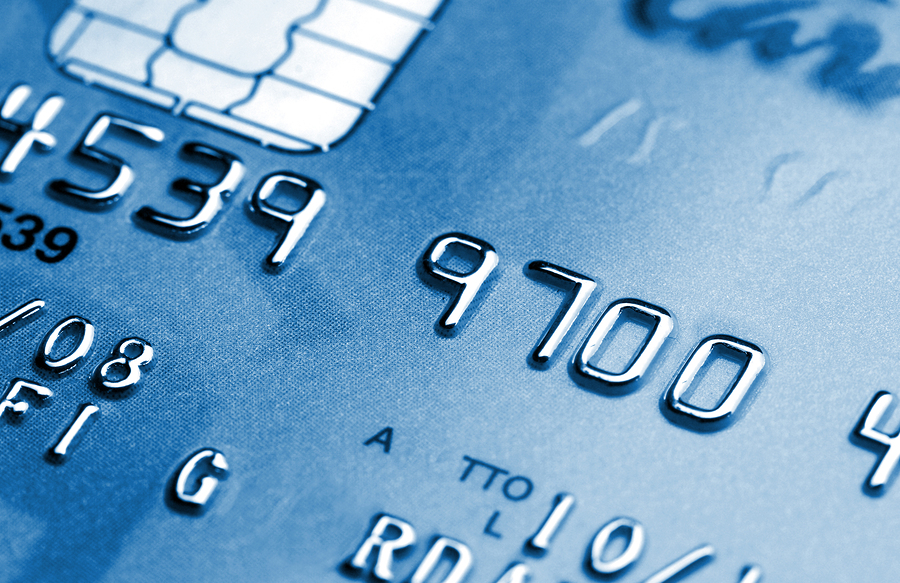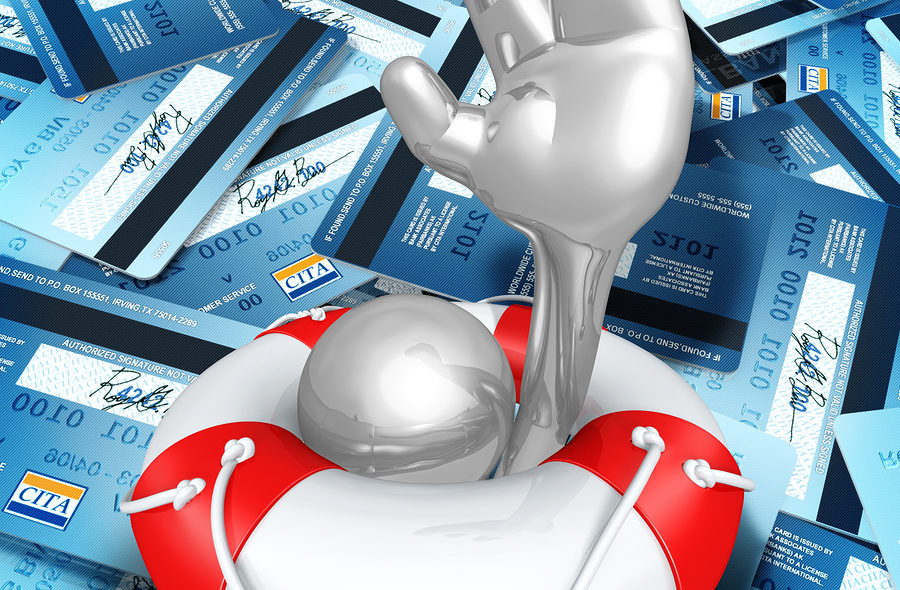It takes 13 years to pay off a $5,000 credit card bill, if you only pay the minimum each month. Florida is in the top 5 states with the highest credit card burden, according to a recent study from CreditCards.com. The study also sheds light on the effects high credit card debt has on U.S. household finances.
By allocating at least 15% of gross monthly income toward credit card debt, the typical Florida consumer’s payoff time drops to just 18 months and costs $678 in interest, in the above scenario.
Here are some other proven ways to help tackle long-term credit card debt.
Be careful how you spend that bonus check. Seasonal commissions and bonus checks can provide an added sense of confidence when it comes to spending. Not a good thing, if you are struggling to pay down credit card debt. Break this extra income up into three parts: debt reduction, major purchase and savings. Remember: paying off a large portion of credit card debt can save you thousands in interest.
Consolidate. If you have multiple unsecured loans that you would like to have lumped into one payment, debt consolidation may benefit you. This option gives you the opportunity to save hundreds of dollars with a lower interest rate and you can combine all of your payments into a single monthly payment.
Cut your budget. One of the best ways to pay down your debt is to find savings elsewhere. Cut down on your grocery bill, cancel monthly membership fees you may not be using as much as you thought you would, etc.
Define your goals. Do you want to reduce your debt or be completely debt-free? Set timelines for yourself and how much you need to pay to meet those goals each month.
Prioritize. Focus on paying off the highest-interest debt, first. This is your biggest financial drain. Another idea is the “snowball method,” which essentially means paying off the debt with the smallest balance first, continuing to the debt with the next lowest balance, etc. This strategy allows you to see immediate results in paying down debt, and builds confidence and momentum to keep you on track to pay down the rest of the debt.
Click here to read more on this story.
If you are in financial crisis and considering filing for bankruptcy, contact an experienced Miami bankruptcy attorney who can advise you of all your options. As an experienced CPA as well as a proven bankruptcy lawyer, Timothy Kingcade knows how to help clients take full advantage of the bankruptcy laws to protect their assets and get successful results. Since 1996 Kingcade & Garcia, P.A. has been helping people from all walks of life build a better tomorrow. Our attorneys’ help thousands of people every year take advantage of their rights under bankruptcy protection to restart, rebuild and recover. The day you hire our firm, we will contact your creditors to stop the harassment. You can also find useful consumer information on the Kingcade & Garcia website at www.miamibankruptcy.com
Related Resources:
https://www.thestreet.com/story/13937063/1/how-to-tackle-the-high-costs-of-long-term-credit-card-debt.html



